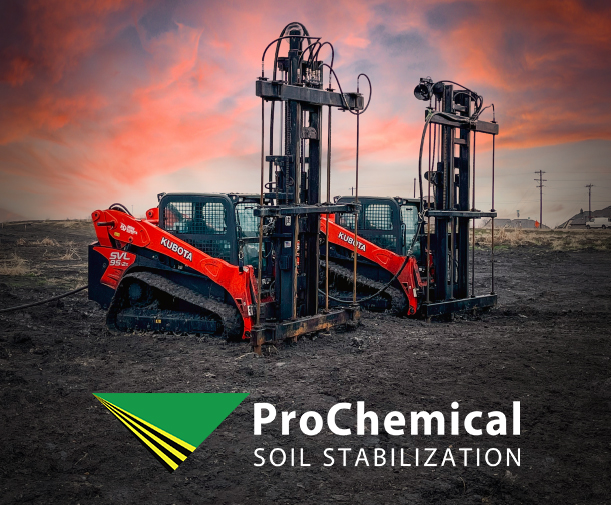Homes develop cracks in the walls and floors due to foundational issues, and often those issues stem from the type of soil on which a house is built. Clay soils with high plasticity levels — also known as CH clay — are prone to swelling and shrinking as the amount of moisture in the ground changes.
Why Clay Plasticity Wreaks Havoc on Homes
Clay plasticity means that this type of soil can change shape easily when wet, and is also very sticky. This makes it difficult for water to drain away from the soil. When this type of clay swells, it can push up on foundations, causing them to crack or break. When it shrinks, it can pull down on foundations, causing them to settle. This can also lead to doors and windows not closing properly, as well as uneven floors and foundation failure.
How to Stabilize the Situation
There are a number of ways to stabilize this type of clay. One of the most common methods is through chemical injection. Injecting chemicals into the soil changes the way the clay particles interact with water, minimizes the amount of water that can penetrate the soil and thus prevents swelling and shrinking. This in turn improves the load-bearing capacity of clay, allowing it to better support buildings and various structures.
Reducing Soil Permeability
Clay is relatively permeable, allowing water to easily pass through it. This can lead to drainage and erosion issues. Soil stabilization combats these problems as well.
Overall Benefits
Soil stabilization is a critical process for many construction projects in parts of the country with this type of clay. Texas ProChemical understands the challenges clay soils pose. Taking steps to protect your home through methods such as chemical injection, you can help prevent foundation problems and increase the longevity of your structure.

